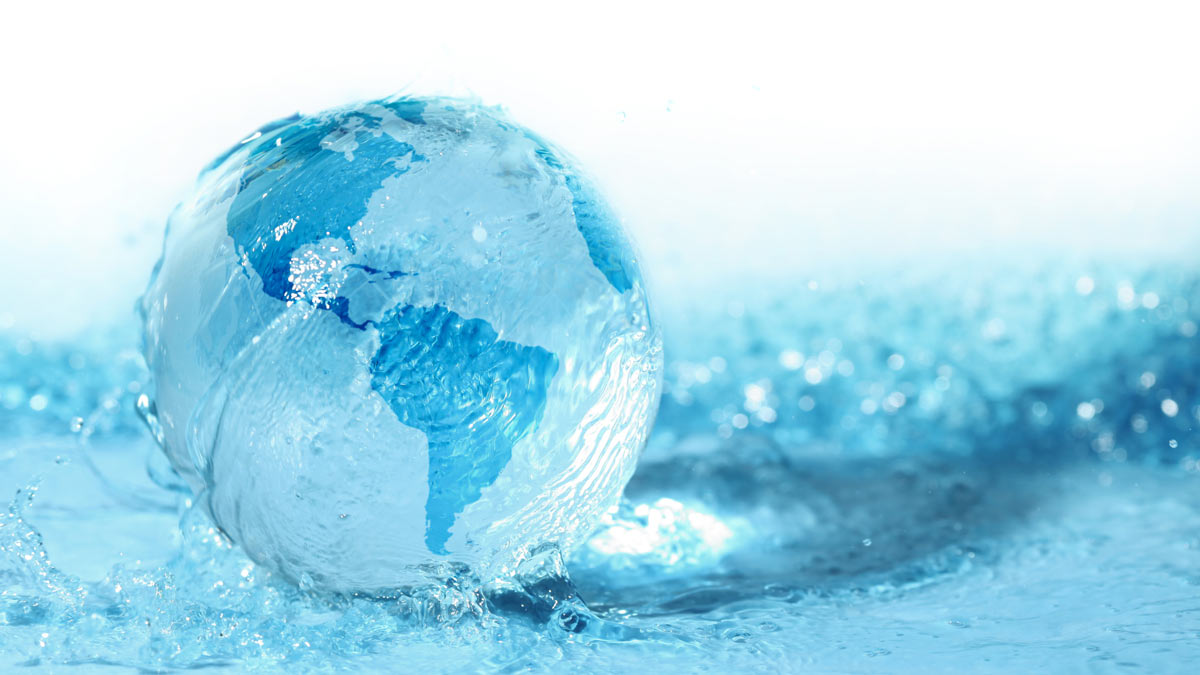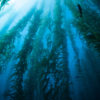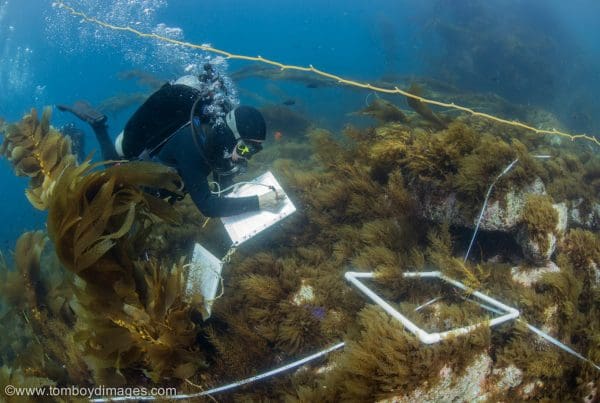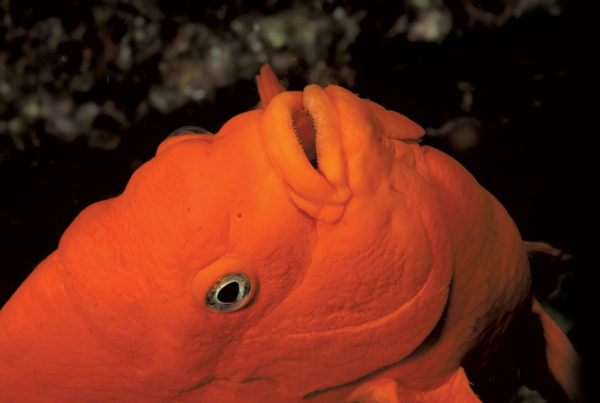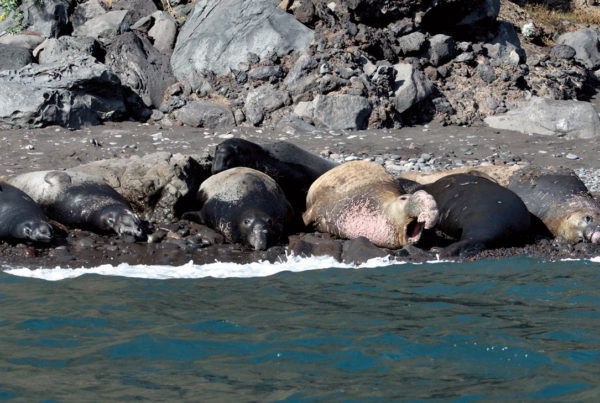The first-ever Earth Day, organized by Wisconsin Senator Gaylord Nelson, was held on April 22, 1970, as a day of organized teach-ins at college campuses nationwide. It has since evolved into a truly global event, with an estimated one billion people participating from more than 190 countries.
Divers have a unique window into the beating heart of Earth that so many people dream about experiencing. You don’t need to organize a massive event or have millions of followers to make a difference. Here are ten ways for divers to celebrate Earth Day — you never know who you might inspire along the way!
1. Become a citizen scientist.
You don’t have to be a classically trained scientist to help with research! From documenting marine life to testing water quality to identifying dolphin sounds from your computer, there’s something for everyone and every age. Google “marine citizen science projects,” call your local university, or check out one of these resources:
- SciStarter
- iNaturalist
- Zooniverse
- Giant Giant Kelp Restoration Project
- Reef Check Foundation
- Spotting Giant Sea Bass
2. Volunteer with an organization doing good for the planet.
Or, if time is your most precious resource, donate money.
3. Choose sustainable seafood.
The Monterey Bay Aquarium Seafood Watch program creates science-based recommendations that help consumers and businesses make ocean-friendly seafood choices. Seafood Watch has pocket guides to help you quickly identify sustainable seafood options wherever you go.
4. Share images and stories.
Post your scuba photos and videos on social media. Offer to present images at a local school or talk to classes about exploring the ocean through scuba.
5. Start a nature journal for your dives (and your topside adventures).
Include anything you want — detailed observations, sketches, quotes, the weather, etc. It’s about creating something that brings a memory alive for you. Journaling is especially fun with kids! There’s no right or wrong way to journal, but if you’re looking for inspiration, check out the Wild Wonder Foundation.
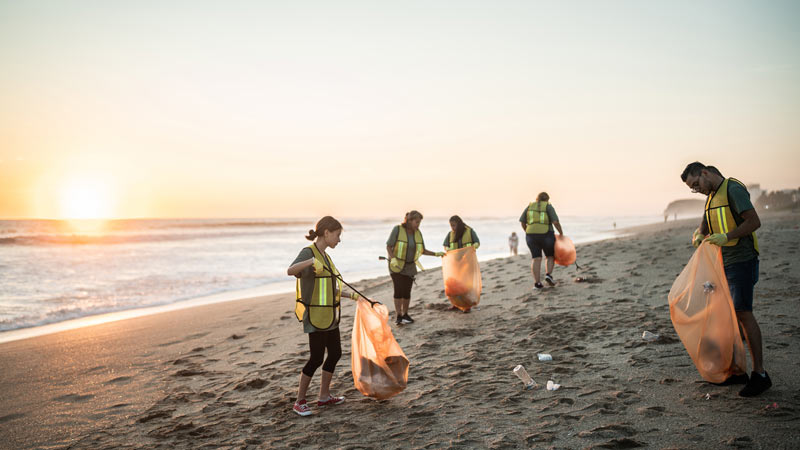 6. Participate in a beach or underwater cleanup (or organize one of your own).
6. Participate in a beach or underwater cleanup (or organize one of your own).
The official Earth Day website has an interactive map with cleanup events happening all over the world. Find one to participate in or register your own!
7. Go to an Earth Day festival.
Fun festivals and events are happening all over. California’s Department of Resources Recycling and Recovery (CalRecycle) has compiled a list of Earth Day events around the state. Visit their website to find one near you. And while you’re on the site, check out the helpful recycling info and tips to reduce waste!
8. Make small but meaningful changes.
Invest in a reusable water bottle that makes you smile. Switch to reef-safe sunscreen. Walk more, drive less. Forgo the plastic cutlery when you order takeout. Recycle more. Turn the lights off when you leave the room. Switch to paperless statements. Swap out single-use travel toiletries for eco-friendly versions.
9. Educate yourself on environmental issues and policies.
Read books (there is an Environmental Science for Dummies!). Watch documentaries. Take classes. Incorporate national parks, research centers and scientists into your social media feeds. The United States Environmental Protection Agency (EPA) is a great resource as well.
10. Get outside and go diving!
Grab your favorite buddy and enjoy our Blue Planet. And if you still want more quality time in nature when you’ve surfaced, April 22 kicks off National Park Week — entrance fees are waived the first day at the 400+ national parks across the country!
In 1980, Senator Nelson penned a letter in the EPA Journal about the meaning of Earth Day. His words are just as important today: “So long as the human species inhabits the Earth, proper management of its resources will be the most fundamental issue we face. Our very survival will depend upon whether or not we are able to preserve, protect and defend our environment. We are not free to decide about whether or not our environment ‘matters.’ It does matter, apart from any political exigencies. We disregard the needs of our ecosystem at our mortal peril.”

